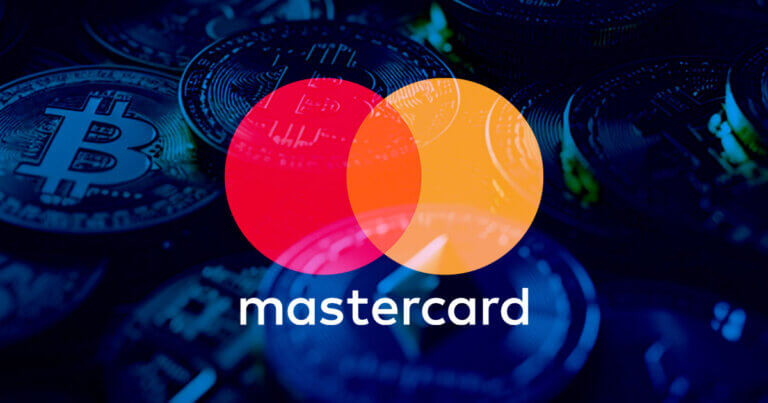 New Mastercard crypto card lets users pay from self-custodial wallets
New Mastercard crypto card lets users pay from self-custodial wallets New Mastercard crypto card lets users pay from self-custodial wallets
Mastercard's Spend card enables seamless crypto payments across multiple chains.

Cover art/illustration via CryptoSlate. Image includes combined content which may include AI-generated content.
Mastercard has teamed up with crypto payment provider Mercuryo to launch a new debit card called “Spend” that allows users to make payments directly from their self-custodial wallets using digital assets, including Bitcoin.
According to a Sept. 5 statement, Mercuryo explained that “Spend” is a multi-chain crypto card that connects directly to users’ wallets.
This means the card facilitates payments without peer-to-peer risks or bank involvement when withdrawing funds and ensures that users fully control their assets.
Currently, the card is available to European customers, with plans to expand to other regions soon.
Key features
The card operates as a euro-denominated debit card, allowing users to purchase goods and services. For added convenience, it supports Apple Pay and Google Pay integration.
Mercuryo emphasized that the card offers multi-chain support, allowing users to transact across networks such as Ethereum, Solana, Polkadot, Near, ZKsync, TON, and more. This flexibility enables users to purchase and pay using a variety of crypto.
The “Spend” card has some associated fees, including a €1.60 issuance fee, a €1 monthly maintenance charge, and a 0.95% withdrawal fee.
Crypto’s expanding role
This development further reflects the growing influence of crypto in the global financial system.
As one of the largest global payment processors, Mastercard serves nearly 1 billion customers in over 210 countries. Its collaboration with Mercuryo highlights its ongoing efforts to merge traditional payments with the emerging digital asset infrastructure.
Mastercard launched the Crypto Credential system in May, designed to simplify and secure peer-to-peer crypto transactions. Now live across various exchanges in Europe and Latin America, this service allows users to send cryptocurrencies using simple aliases.
Notably, Visa, a key competitor, has also made strides in crypto. It recently partnered with Switzerland-based Tangem AG to strengthen crypto’s connection to the traditional financial system.



 CoinGlass
CoinGlass 


 Farside Investors
Farside Investors 
































































































